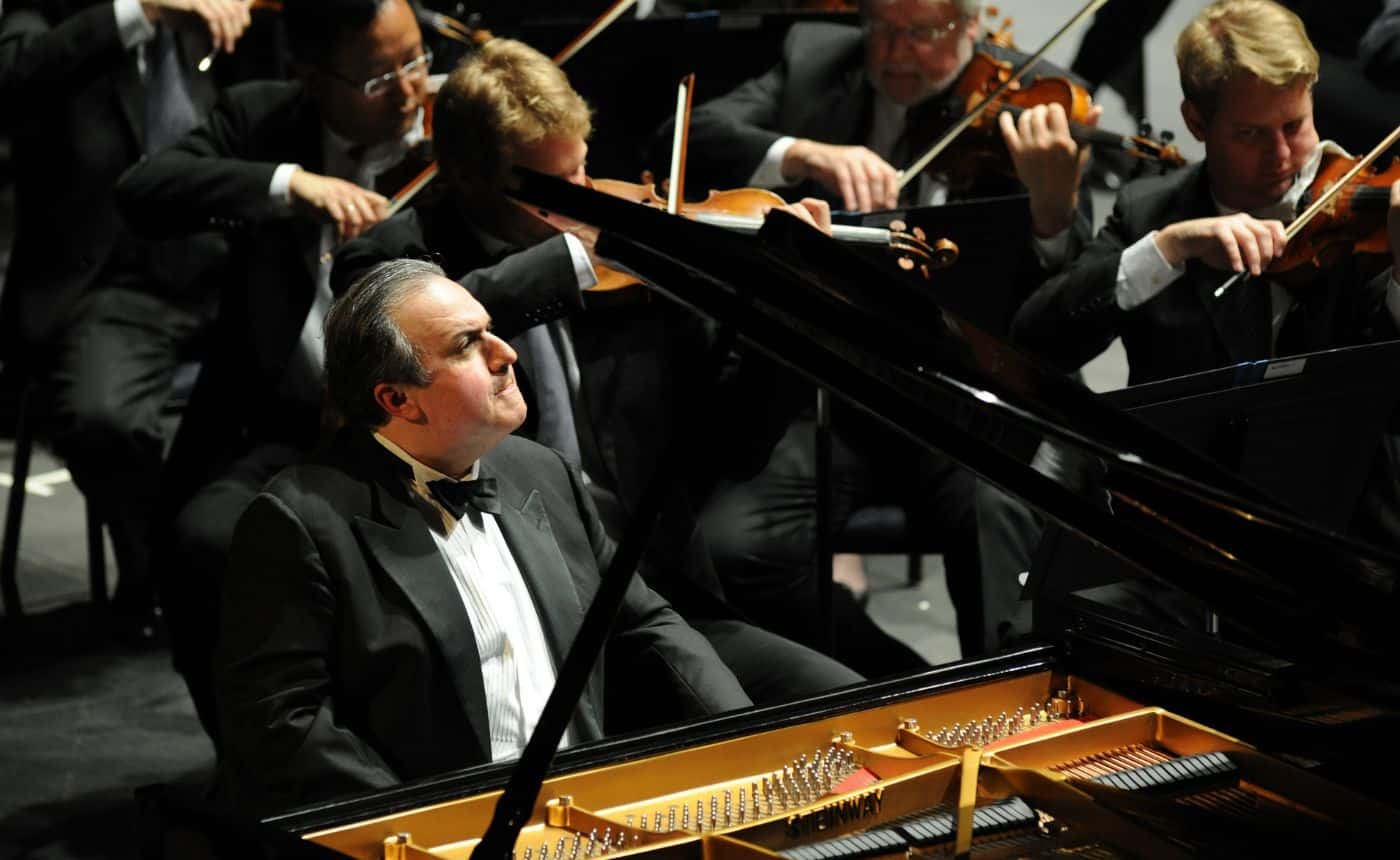Stravinsky – Jeu de cartes, Ballet in Three Deals
by Jeff Counts
Instrumentation: 2 flutes (2nd doubles piccolo), 2 oboes (2nd doubles English horn), 2 clarinets, 2 bassoons, 4 horns, 2 trumpets, 3 trombones, tuba, timpani, bass drum, strings.
Duration: 23 minutes in three movements.
THE COMPOSER – IGOR STRAVINSKY (1882-1971) – Stravinsky made his first excursion to South America in 1936. From his home base in Paris, he was a frequent visitor to North America with no less than three trips (two of them whirlwind coast-to-coast concert tours) to the United States between 1935 and his departure from Europe in 1939. Important stops on the 1936 journey included Buenos Aires, Montevideo and Rio de Janeiro.
THE MUSIC – Even while happily diverted elsewhere, Stravinsky always kept one eye on the U.S. and the many interesting commission projects on offer there. One such opportunity, contemporary with the South American engagements, came from Lincoln Kirstein and his newly formed American Ballet Company. As impresarios go, Kirstein was new to the game in the mid-1930s but he already possessed a formidable artistic will, one formidable enough to lure the incomparable George Balanchine to his cause. According to Stravinsky’s own notes on Jeu de cartes, the idea for a “ballet in which dancers, dressed as playing cards…” came to him a full decade before the Kirstein commission. Stravinsky was a life-long card enthusiast who named poker as a “favorite pastime in the rest periods between composition.” The scenario centers on the knavish Joker who, so proud of his ability to assume the identity of any card, wages battle with other hands over the course of three “deals.” After two victorious rounds and the appearance of a third, he is vanquished (appropriately) by a Royal Flush of Hearts. Stravinsky regularly read La Fontaine during the creation of Jeu de cartes and included a quote in the score that was, to put it as mildly as he did, “a good sermon for the times.” “We must wage continual war against the wicked. Peace in itself is a fine thing, I agree, but what use can it be with enemies who do not keep their word?”
THE WORLD – Construction on the Hoover Dam was completed in 1936. Also that year, Jesse Owens won four gold medals at the Berlin Summer Olympics, Syria signed a treaty of independence with France and Federico Garciá Lorca was murdered by Spanish Fascists.
THE CONNECTION – Jeu de Cartes is an infrequent treat on the Utah Symphony Masterworks Series. It has not been programmed since 1992, when Joseph Silverstein led the orchestra.












